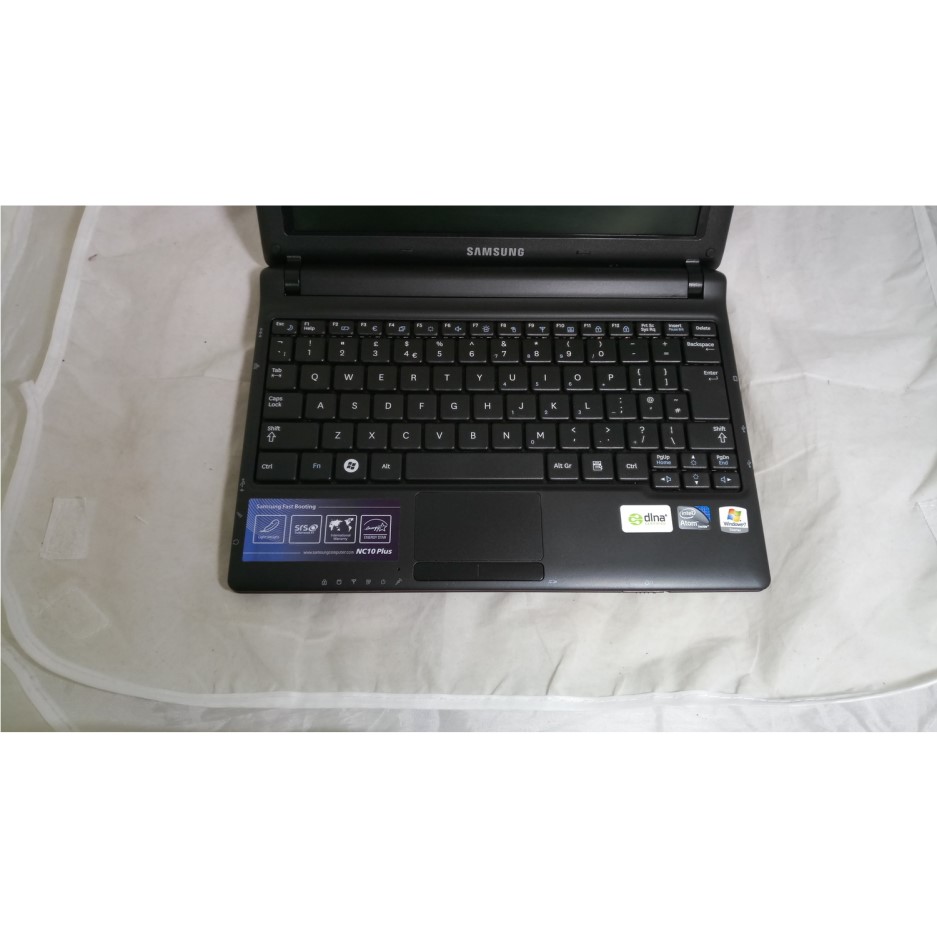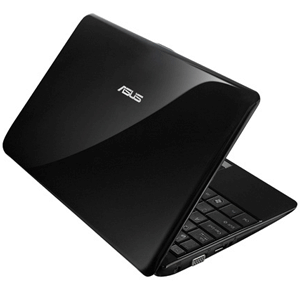The table below compares support for x86 extensions and technologies, as well as individual instructions and low-level features of the Intel Atom N270 and Intel Atom N450 microprocessors. Information in this table was retrieved from actual processors using CPUID instruction, and we also utilized internal timer to measure CPU frequency.
How-To Geek Forums / Windows 7

Speeding up a NETBOOK with Atom N450 Processor
- The Intel Atom N450 is a small and cheap entry level CPU for Netbooks and small laptops.In the package is an integrated memory controller for DDR2 main memory and the GMA 3150 graphics card.
- OS Independent: Build 2073 Latest: 2/2/2016: Intel® Graphics Media Accelerator 3150 for Windows 7. 32-Bit. This download installs Intel® Graphics Media Accelerator Driver version 15.12.75.50.7.2230 for the integrated graphics controller of Intel® chipsets for Windows 7., 32-bit. Driver: Windows 7, 32-bit. 15.12.75.50.7.2230 Latest.
I have a netbook that came with a Intel Atom N450 1.66Hz 1.67GHz processor. It had 1gb of memory which I upgraded to 2gb (the max) and it recognizes the 2 GB. It is slow to respond to about everything.
Mac Os Intel Atom N450
The Windows 7 starter experience gives it a 4.7 out of 5 on the Memory Calculations per sec, but the Processor Calculations per second experience is 2.3 out of 5.
Intel Atom N450 Windows 10

I sthere anything I can do to speed this netbook up?

Thanks in advance. Dorothy
Dorothy, apart from the usual housekeeping (minimize startup programs, defrag the disk when over 10% fragmented, etc.) there is only one radical cure and that is to switch the disk for an SSD. That will cost you around $150 to $200, but it would make a BIG difference. If you are interested, let me know and I tell you the steps and the optimal choices.
There is nothing you can do with the procesor. It is a slow single core because of battery life and heat limits. A faster processor would have meant much shorter battery life and a lot more heat. And that is incompatible with the small box. The SSD also uses a LOT less battery than the disk you have and it produces no heat at all - unlike the spinning disks.
But next year things will get better. Then Windows8 supports ARM processors which will be ideal for the netbooks and they are a LOT faster. Those are the processsors they have in the tablets a la Apple iPad and Motorola Xoom - also in the readers a la Nook Color.
Internet connection could be slow which gives the appearance of the over-all machine being slow.
Remember that applications such as Office, etc. do not require a speedy processor.
I imagine Win7 is not configured properly for a speedy interface.

A good example Irv S. Posted to speed up GUI.
http://www.makeuseof.com/tag/guide-speeding-windows-7-machine/
Rick P.
The reply from WHS seems to hit the mark - you can't have a long battery life and a fast processor (yet). The starter edition of Win7 seems particularly slow. You may get a small speed advantage by increasing the page file to 4GB (it won't increase automatically when you upgrade to 2GB RAM) and also by allocating 4GB of a USB key for 'ready boot'.
My hard disc scores 5.9 out of 7.9 under “Performance information and tools” and I'd be interested to know from WHS how changing to a SSD would speed up things.
There is an alternative easy way to speed up your netbook - switch to Linux. You'll be amazed how quickly it boots and shuts down. You can run Ubuntu parallel with Win7 and it will do just about everything Windows can do. You use Firefox, Open Office, VLC media player, Autokey etc instead of the Windows equivalents. It's very easy to set up and use, and does not keep asking annoying questions about whether you're sure you want to do this or that.
Best of luck, kaspin
kaspin, the 5.9 WEI is the highest you can get with a spinning disk. An SSD will give you 7.6 at least. Boot times will be below 20 seconds and programs will show up immediately when called. You have to know that the access time on an SSD is 150 times faster than on a HDD (0.1ms versus 15ms). In adition the SSD used practically no power (longer battery life) and it produces no heat.
Thanks whs - I didn't realise they were that fast. On the other hand, as my processor speed is rated at only 2.3, this will presumably be the bottleneck in the system so I may not see much speed benefit from the faster SSD. On the other hand, the heat/power/unbreakable qualities are important, so I'll start saving up for one.......kaspin
In most common operations the CPU is not the bottleneck - it is the access time to the disk that makes the difference. This is, of course, different if you do e.g. video encoding, CAD type work or heavy computing. That does not mean that your system will become a super performer with an SSD, but it will get a significant boost.
When you are ready to buy the SSD, post back so that I can give you some advice which device to buy (and always on sale which is frequent e.g. at Newegg). In the meantime you may want to read this little SSD migration guide I have made: http://www.sevenforums.com/tutorials/149969-ssd-install-transfer-operating-system.html
You also need to know whether your current disk is 2.5' or 1.8' - the latter is rare but some netbooks were using them. The SSD has to be the same form factor. And the amount of GBs you want (check what you are using now). I use 90GB SSDs on my laptops. You can always offload large files to an external disk (of which you should have one anyhow for imaging) or a large USB stick (16GB sticks come for $15.95).
Thanks again whs for such a comprehensive reply, and also your clear and interesting SSD migration guide. In a couple of months or so I should be able to afford a sufficiently large SSD and will certainly take up your kind offer to advise on my specific requirements nearer the time.

OK, we'll see you in a couple of months. When you make the posting then, put 'SSD' into the titla because I always look at those. After 5 SSDs, I learned a few tricks.
Topic Closed
Intel Atom N450 Graphics Driver
This topic has been closed to new replies.
